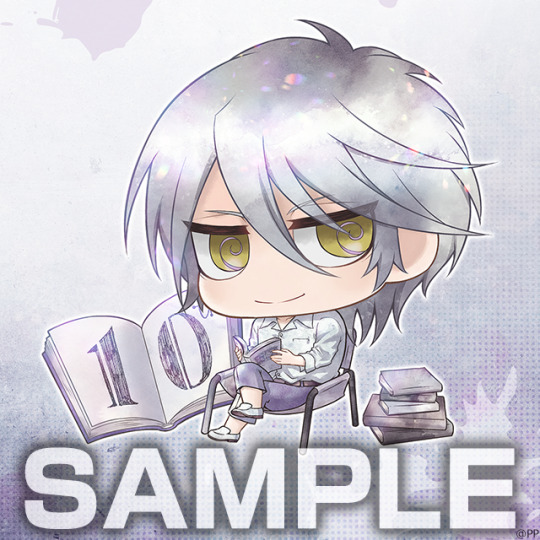#makishima shougo
Text

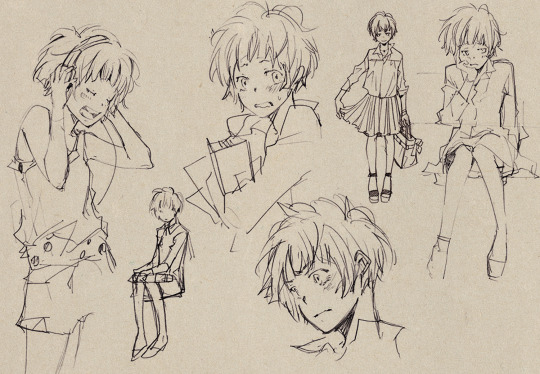
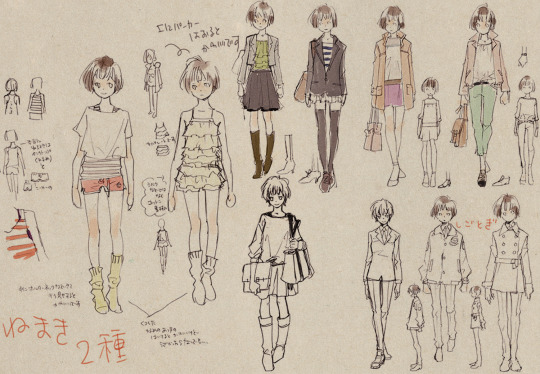
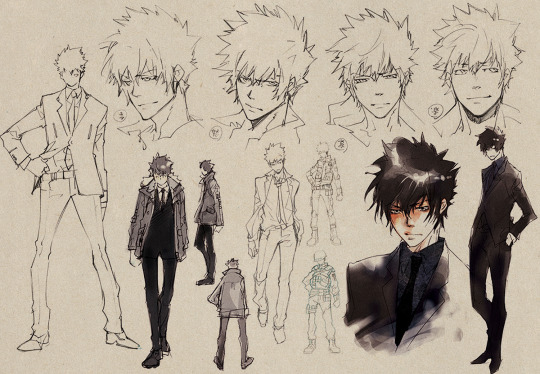


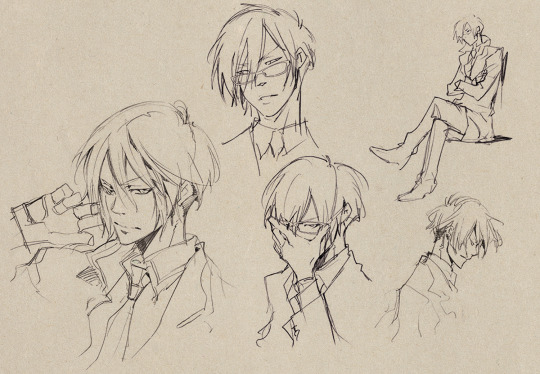
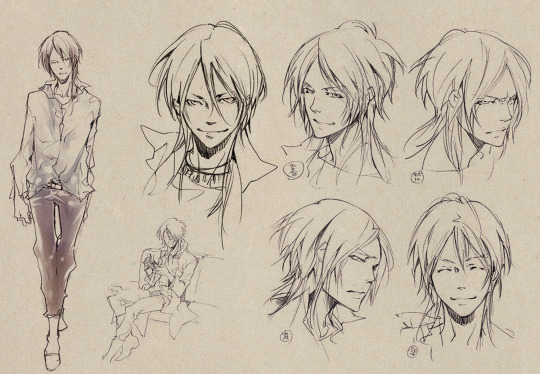
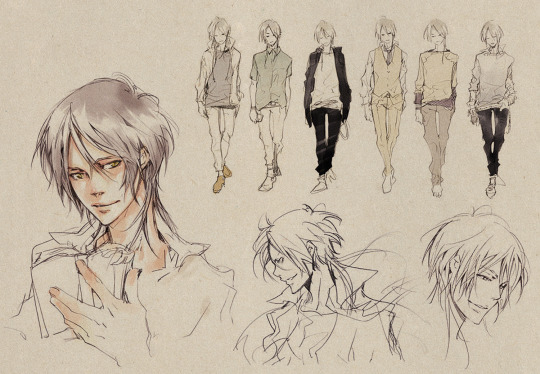
PSYCHO-PASS
Original Character Designs by Akira Amano, pt. 1
(pt. 2)
#psycho pass#psycho-pass#gen urobuchi#akira amano#tsunemori akane#kougami shinya#ginoza nobuchika#makishima shougo#anime#animanga#animeedit#oldanimeedit#dailyanime#anisource#ppdaily#psychopassedit#ppedit#official art#my edits
674 notes
·
View notes
Text
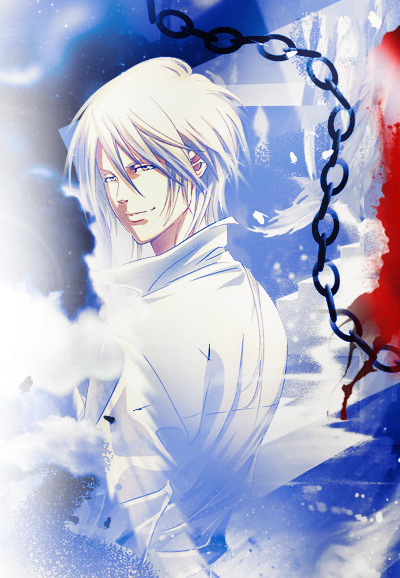

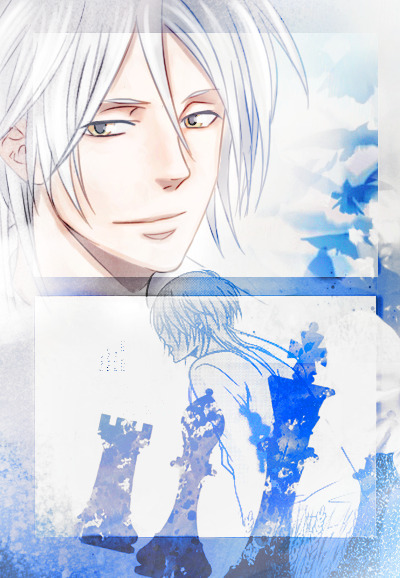


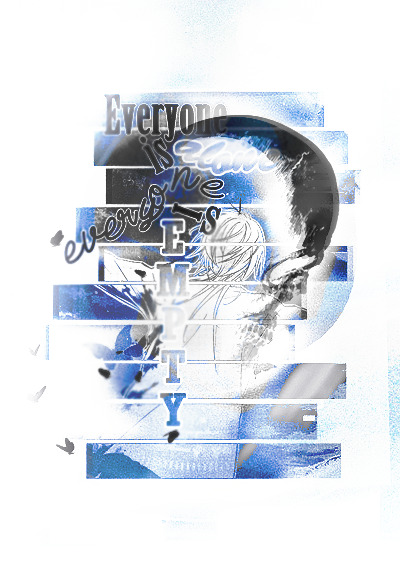
#psycho pass#psycho-pass#psychopassedit#makishima shougo#makishima shogo#shougo makishima#shogo makishima#inspiration left me somewhere along the way#idk if the fandom is still alive#my graphics
200 notes
·
View notes
Photo
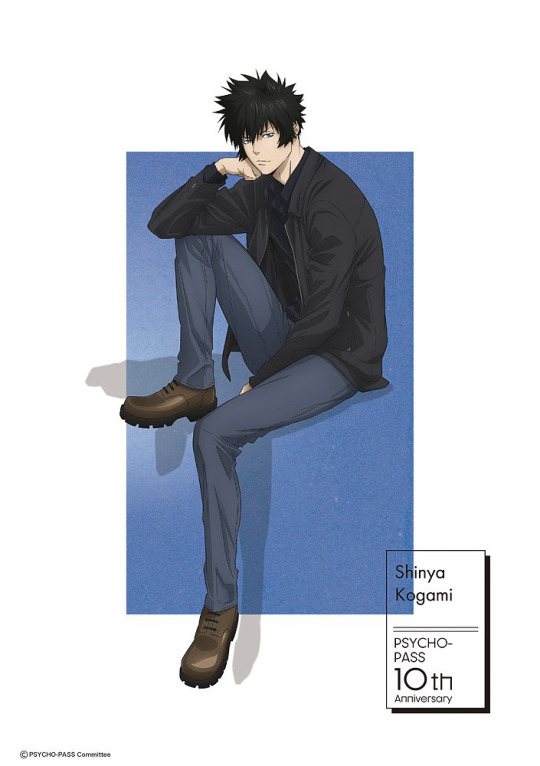
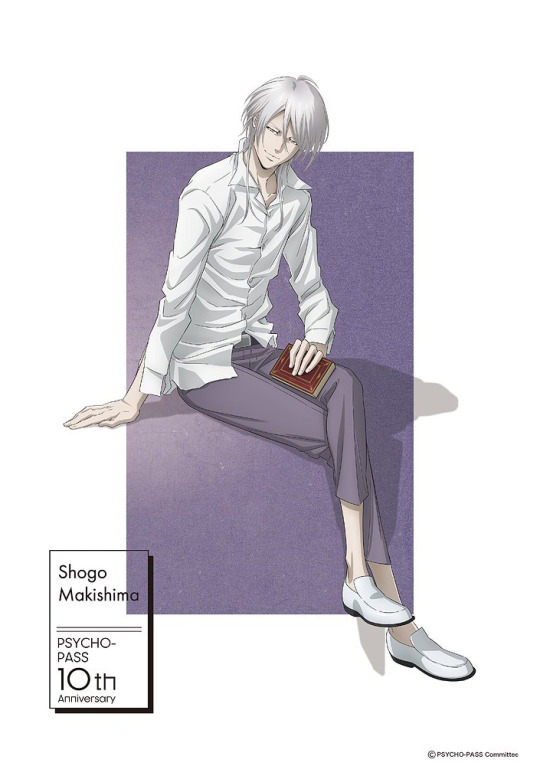
Psycho-Pass 10th Anniversary
#psycho pass#psycho-pass#ppdaily#ppofficial#makishima shogo#shogo makishima#makishima shougo#kogami shinya#shinya kogami#shinya kougami#kougami shinya#anisource
168 notes
·
View notes
Text

I have this webtoon-esque psycho pass AU where these two knew each other as children and were adopted by wealthy families. one became the antagonist ever, and one became CEO of police. one loves games, the other hates them. both like reading books and wearing designer shoes
165 notes
·
View notes
Text

PSYCHO PASS 1st SEASON
I love this picture ❤️
#psycho pass#psycho pass providence#サイコパス#サイコパスprovidence#kougami shinya#kogami shinya#shinya kogami#shinya kougami#nobuchika ginoza#ginoza nobuchika#tomomi masaoka#masaoka tomomi#shusei kagari#kagari shuusei#shogo makishima#makishima shogo#makishima shougo#shougo makishima#pp anime#ppp#pp 10th#pp1#ppist season
103 notes
·
View notes
Text
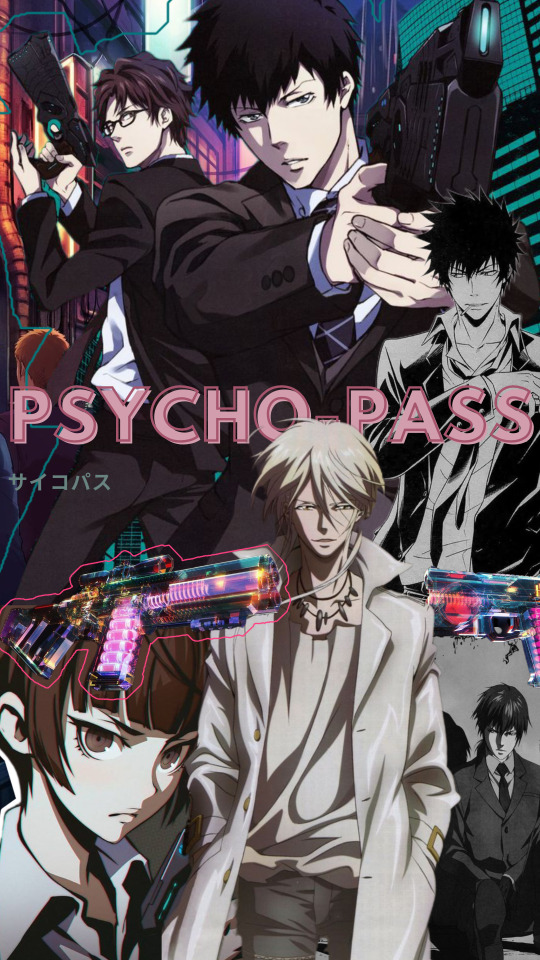
PSYCHO-PASS (2012-) 𖥔 ࣪˖ ⋆
"a perfect plan doesn't mean having everything go within expectations. a perfect plan is achieved when it has the plasticity needed to flexibly deal with troubles."
all rights reserved © 2023 onlymowgli
#psycho-pass#shinya kogami#akane tsunemori#makishima shougo#ginoza nobuchika#anime and manga#collage#anime collage#cybercore#cyberpunk#future dystopia#wallpaper#homescreen#lockscreen
52 notes
·
View notes
Text
i recently finished rewatching psycho pass season 1 and, as always, the thoughts about makishima shogo are flowing. i think, on my first watch of the show, i didn't quite understand makishima's character or the messages that it was presenting, but i think i've got a better grasp on it now, so. here are my two cents that no one asked for.
there are two words i predominantly associate with makishima: isolation and boredom, though my main focus is on the former as i feel the latter is not true apathy but rather a byproduct of isolation. makishima is isolated because of his criminally asymptomatic nature, meaning that sibyl, the system presiding over all of japan's society in the setting of psycho pass, has no power over him. no matter what he does, no matter what kind of person he is or how many heinous deeds he commits, makishima will always be an upstanding citizen in the eyes of sibyl. in a manner of speaking, sibyl, the ultimate authority of the world he lives in, cannot "see" him, and he himself is unable to change this fact. and because makishima is isolated, cut off from the rest of the world and the people around him, in such an extreme manner, he's bored.
the rest is under the cut for length. and fair warning, this entire post is pretty much me going:

so. in kogami's assessment of makishima, he basically likens makishima and all his actions - his manipulations of the people around him, his murders, both direct and indirect, his attempted bioterrorism - to a kid throwing a tantrum about being left out. kogami here, i believe, is in some ways projecting a part of himself onto makishima, but that's not a topic for this post. suffice to say that despite his projecting, kogami isn't entirely inaccurate. makishima is a lonely person who wants to destroy a society and a system that rejects and denies his existence and personhood. once again, in sibyl's eyes, no matter who makishima really is, it doesn't matter. all that sibyl cares about is that his crime coefficient has never exceeded regulation level, and therefore he's a model citizen. ironically, makishima is subjected to sibyl's dehumanization just as much as any other individual in psycho pass' setting. people don't matter to sibyl, who they are inside and who they are to other people don't matter to sibyl. only their crime coefficient and their psycho pass do. while, in the enforcers like kogami, the issue of sibyl's dehumanization is highlighted through the fact that many of them are not bad people at all and yet they're treated like disposable assets, in makishima's case, it's the opposite. he's a murderer and a terrorist who can kill people without blinking an eye, but sibyl doesn't care about that. sibyl doesn't care that he's not a good person, his numbers are perfect and that's all that matters. who he is doesn't matter. (though i will note that i think makishima's status as a villain is muddled by the dystopian nature of sibyl and psycho pass' setting, but we can all at least agree that he's not a good person.) it's dehumanization; it's just that for makishima, it's the opposite of the typical trajectory with which that dehumanization is applied. arguably, and as kogami states, this could be taken by some people to be a blessing - after all, yippee, i can do whatever i want since my numbers will never exceed the accepted norm - but makishima takes it as an indication of how alienated he is.
makishima tells akane that he believes the only time people's actions have worth is when they commit them of their own free will, and that he wants to see the splendor of the human soul and judge for himself whether that's a good or bad thing. i think makishima feels that he has never truly been able to interact with others due to the overarching, restricting influence of sibyl. people can't let their true desires and wishes out because it would stigmatize them in sibyl's eyes. therefore, they are not acting of their own free will, and what they do does not represent the human soul that makishima claims he wants to see. therefore he wants people to break out of those restraints and be more "honest" about who they are. however, it's also that sense of isolation that makishima feels that hinders him from truly interacting with others on the same level. this is significant because, as shown by the series, interaction between people is one of the major factors that help individuals solidify and develop their own sense of self. kogami rediscovers his idealism and his sense of right and wrong by working under akane, which is something he tells her in the second(?) episode: that he feels that, under her, he might be able to be a detective, not just a hunting dog. akane, too, in interacting with kogami and to a lesser extent, ginoza, and the other enforcers, develops a strong grasp on what she believes to be just. by the end of season 1, she has a firm understanding of her own ideals which she lacked at the beginning, in part thanks to her experiences with those around that have helped her flourish.
as i said, though, makishima is unable to really, meaningfully interact with others - at least outside of a handful of people - and so his introspection and self-understanding have been considerably hampered. makishima is a very outwardly-knowledgable person and makes no secret of it, but i don't think he knows himself very well. he receives mixed messages from the dissonance between his own actions and sibyl's assessment of him, and the confusion, for lack of a better word, is only exacerbated because he feels that he can't have relationships with others that are actually worth anything. not only does he feel alienated by the world because he's criminally asymptomatic, but he also feels alientated by everyone around him. therefore, he seeks companionship (and utility, of course, but that's not the focus of this post) in seemingly like-minded people, who also appear to, in one way or another, reject and be rejected by the society that they live in. it's to foster meaningful connection that can actually teach him something - though i don't think he's consciously aware that this is part of his motivations - because he wants to know himself. essentially, he looks for himself in other people. But these other people, his accomplices - like masatake and rikako - disappoint him and fail to give him that companionship he seeks because they are ultimately also lacking their own sense of self.
in masatake's case, he is able to flawlessly play the role of multiple avatars because he relies on them - made-up, virtual constructs - to give him his identity. it's precisely because he has no well-defined "self" to speak of that he can, not only emulate the original owner of the avatar, but surpass them in his ability to embody and become their avatar. due to lacking his own unique identity, he serves no purpose to makishima, so makishima kills him. when it comes to rikako, while makishima is initially interested in her because of her resentment towards sibyl, said resentment and her resulting murders are very directly tied to her father, his beliefs, and his works. as kogami puts it, she lacks originality, because what she's doing is ultimately lashing out at the world for what was done to her father, not because she has some dissatisfaction with sibyl on her own independent principles. though, an aside: i actually think rikako does have some genuine frustrations with society less related to her father's situation, but they don't hold particularly significant sway over her. maybe if they had, makishima might have at least kept her alive longer.
as for senguji, i have less of an understanding of what makishima thought of him in comparison to masatake and rikako, probably because it's a little more ambiguous about whether makishima truly and totally cut him off like he did those other two, or if he was just going for a coin toss to see of senguji could survive his games. but i digress. my approximation is that senguji, despite his platitudes about the wonders of his near-complete cyborgification(? is that a word?), is actually deeply bored and dissatisfied, in part because so much of him is mechanical. being a cyborg means that most of the prey he hunts essentially poses little threat to him, and this gap is further widened by the fact that the "hunts" take place in senguji's own territory, so to speak. they aren't actual challenges. they don't truly stimulate him, but much like makishima who knows so little about his own self, senguji doesn't realize that. makishima, of course, who is ever-attuned to the people around him, picks up on this, which is why he tampers senguji's "game" with kogami to introduce unexpected variables that enable kogami to pose a legitimate threat to senguji. and, as senguji notes, only then does it sink in that he hasn't felt truly alive in a long time. the last time he did was when he was in a war zone, in mortal danger with his friend shot dead right next to him. in the present game with kogami - someone skilled and dangerous and as much of a threat to senguji as senguji is to him, unlike all of senguji's other hunts - senguji is once again in extreme peril, and for the first time in so long, he experiences that sensation of being alive. also, note the obvious parallel of makishima, at the top of the NONA tower, thanking kogami for doing away with his boredom for a little while. i'm pretty sure this is intentional; senguji's whole deal with boredom and dissatisfaction is, just like with all of makishima's accomplices, meant as a narrative reflection of makishima.
i would also feel remiss if i didn't talk about choe gu-sung. (who i'm pretty sure is korean btw. i don't believe his nationality is ever stated, other than that he is a foreigner, but the way his name is pronounced by the other characters - "chwae goo-seong" - lends itself perfectly to korean syllables. anyway.) gu-sung is interesting because, aside from kogami, he is the only person to pretty much sustain and live through the, shall we say, conundrum of makishima's interest. makishima does not kill gu-sung; they're in league until the very end, and in fact it's during their shared plan which they conducted together that gu-sung is killed by sibyl, and makishima actually has a faint but noticeable reaction to this. it's easy to see that gu-sung is more up his alley than masatake, rikako, and senguji. notably their dynamic is also different from that of makishima and his other accomplices, because they actually have normal (semi-normal...) discussions and makishima discusses and debates literature with him in the same way that he does with kogami. makishima is maybe not totally honest or open with gu-sung, but he is genuine with him. i think this is because, from what i can tell, gu-sung is someone who does have a true, defined sense of identify, and legitimate awareness about his own self. he doesn't get much expansion and we never know anything significant about him other than that he is a foreigner, a latent criminal, and a genius hacker, but what sticks out to me is that he's open about and aware of the fact that makishima has a certain engaging effect on him. in gu-sung's words, when "i'm with him, i feel like i've gone back to my childhood". additionally, during his conversation with kagari as the latter is trying to find and arrest him, gu-sung explains his dislike for the sibyl system and the fact that it forced him to live like a hunted rat, running from corner to corner. this antipathy comes from a sincere place, and doesn't seem to be tied to anyone's opinion other than gu-sung's own. i think makishima liked that about him: his self-awareness, his understanding of his own personal resentment and dissatisfactions, and his willingness to acknowledge those things as a part of himself. gu-sung is the opposite of makishima in some ways, imo. they're both geniuses, but while makishima is more oriented toward planning and widespread manipulation, gu-sung is a specialist who is unparalleled in his particular niche. their inverse duality is even partially highlighted by their dialogue, right before they commence with their plan to plunge the town into chaos using the cymatic scan-fooling helmets. gu-sung says he is a foreigner, and i believe he also says he's grateful just to be able to live in this country, while makishima states that he was born and raised in this town. despite their differences, they share a grievance with the system, and they have united to address that grievance. it definitely says something that makishima has someone like gu-sung in his life; someone who you could look at and call his friend, regardless of what those two considered themselves to be.
...all that word vomit to say that the people makishima abandoned and killed - masatake, rikako, and probably senguji - are mirrors to his own lack of self-understanding and lack of a fixed sense of identity. meanwhile his one lasting relationship aside from kogami is with gu-sung, who stands in narrative opposition to him in the ways i described. what i'm trying to get at is that masatake and rikako definitely, and senguji maybe, don't give makishima a true look at the human soul he wants to witness - at least in his view they don't. therefore makishima, still isolated and without companionship even while in their presence, grows bored and ultimately kills them. that's where kogami comes in. kogami, i believe, satisfies makishima's desire for companionship, or at least makishima grows less isolated in his presence. unlike masatake and rikako, kogami knows himself, and i'd argue has a better grasp of himself than ever by the time he meets makishima face-to-face thanks to coming to know akane. i'm reminded especially of his conversation with masaoka right before he (kogami) leaves the public safety bureau to hunt down makishima, when he explains that his actions aren't out a sense of ideals or an intolerance for evil, but rather that this is what he wants to do, and if he doesn't end things with makishima now, he will grow to resent himself. his self-awareness and defined identity means that with kogami, makishima is not left feeling bored and dissatisfied.
but it goes further! kogami, like makishima, is someone who both rejects and is rejected by the sibyl system, the dominant power governing the society they live in. sibyl rejects kogami as a latent criminal, but kogami also proves that he denounces it right back when he chooses to go off and try to kill makishima on his own, even though sibyl wants makishima alive. in other words, makishima's solitude as a pariah is understood on a fundamental level by kogami. not only that, but kogami, like makishima, is in some ways like a kid lashing out at being excluded, which makishima comments on at the end of episode 21 in response to kogami calling him out as such. according to makishima, kogami is angry that his own suspicions regarding sasayama's death were rejected by sibyl, that his own anger about letting sasayama die was simply ignored and swept under the rug, and he was left to process it by himself. and it was an outburst of that anger that provoked him to leave everything he had at the bureau behind and truly put a target on his back, perhaps for the rest of his life, in order to confront and put an end to makishima. this mirrors kogami's judgement that makishima's actions are essentially a temper tantrum that his feelings of solitude are not even seen, much less acknowledged, by the world around him. and just like how i stated at the beginning of this now-obscenely long post that kogami was projecting a bit in his assessment of makishima, i also believe makishima is projecting a bit right back. but, again, like kogami's assessment, makishima's assessment isn't necessarily invalid or incorrect just because he has personal biases mixed up in it. his words to kogami have a degree of truth to them. in this way - both of them acting a little like kids, both of them projecting in their evaluation of the other as someone acting like a kid - they are also similar.
one more thing that i'd like to say regarding kogami and makishima is that it is stressed many times throughout the season how well kogami can put himself in makishima's shoes and replicate his thinking. while akane gains some understanding of makishima's thought processes over time and interaction, by her own admission, kogami is even better than her at gauging makishima, and this is because the two of them think alike naturally. it's why kogami has such a good nose for what's really going on behind the scenes throughout the season; because his thought processes are similar to makishima's, he can easily parse out what's up. i don't think this requires much further explanation since it's very cut and dry as another way that the two men are alike.
the final point about kogami's significance to makishima, specifically how he relates to makishima's solitude and boredom, is that makishima at his core is someone who wishes to be seen and judged. the sibyl system, and by extension society, has refused to give this to him. the person he is is not seen, much less judged, because, once again, all that matters to sibyl are his numbers. it's precisely because of this that he feels isolated and wishes to be acknowledged and judged as everyone else is; but in a vicious cycle, makishima's inability to receive that acknowledgement and judgement feeds right back into his deep sense of isolation. it's like a positive feedback loop, wherein the cause contributes to the effect and the effect contributes to the cause. however - kogami does see makishima. kogami does judge him, and he judges makishima just the same as sibyl would other murderers in the series: as someone who deserves to die. in other words, makishima is finally getting equal treatment from someone. the isolation that he experiences as a result of his perpetually clear psycho pass and his stable crime coefficient is stripped away when it comes to kogami, because kogami doesn't care about those things - he cares about who makishima is. and to him makishima is a murderer and a criminal who painfully killed one of his friends, and just like any other murderer and criminal under sibyl, is to be killed. plus, notice how makishima is typically very calm and serene when interacting with others, but grows markedly more animated and excited when interacting with kogami, be that through talking or fighting. that's the isolation and boredom that he's stewed in his entire life, evaporating in kogami's presence. ultimately, makishima's solitude is alleviated, and his desire to be seen and judged is fulfilled... because of kogami.
it's just as akane says.
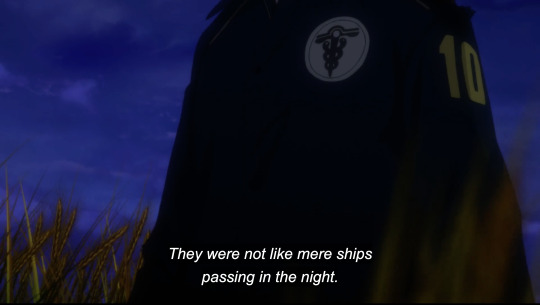


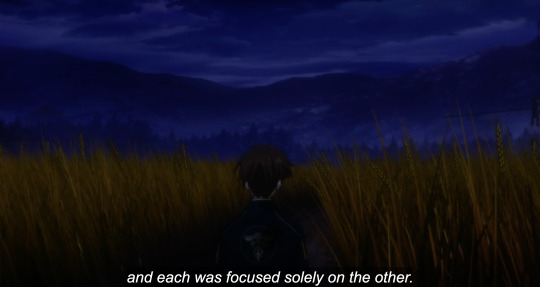
#this thing spiraled so far out of my control idek if i can call it my post anymore#psycho pass#psycho pass meta#psycho pass tag#makishima shogo#shogo makishima#kogami shinya#shinya kogami#makishima shougo#shougo makishima#kougami shinya#shinya kougami#(so many tags for their names istg)#tsunemori akane#akane tsunemori#ginoza nobuchika#nobuchika ginoza#choe gu sung#oryo rikako#mido masatake#sibyl system
19 notes
·
View notes
Text
psycho pass antagonists be like: i have trauma that has driven me to national terrorism, i have trauma that has driven me to national terrorism, i am simply a terrorist, i have trauma that has driven me to national terrorism, i am white, i have trauma that has driven me to international terrorism, i am just a silly little guy
#psycho pass#makishima shougo#kamui kirito#nicholas wong#otomo itsuki#otomo rin#guillermo garcia#tonami tsugumasa#azusawa koichi#gyaa rambles#makishima also falls into the i am just a silly little guy category#psycho pass 2#psycho pass 3#sinners of the system#psycho pass providence#....i wanna watch providence again......
48 notes
·
View notes
Text
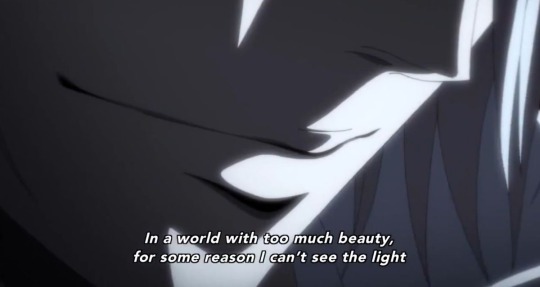
- Shougo Makishima
44 notes
·
View notes
Text

#極道畫師
#槙島聖護
#サイコパス
#PsychoPass
#MakishimaShougo
#アナログ
#illustration
槙島聖護を捧げて、サポートに感謝して、幸運が続いています(๑❛ᴗ❛๑)و✧
Offer Makishima Shougo,thank you your support, and have good lucky (ฅ>ω<*ฅ)✧
獻上槙島聖護,感謝支持,好運連連(๑•̀ㅂ•́)و✧
#極道畫師#水墨画#acg#my art#illustration#ink painting#二次元水墨#二次元#手繪#jujutsu kaisen#サイコパス#槙島聖護#psycho pass#makishima shougo
59 notes
·
View notes
Text
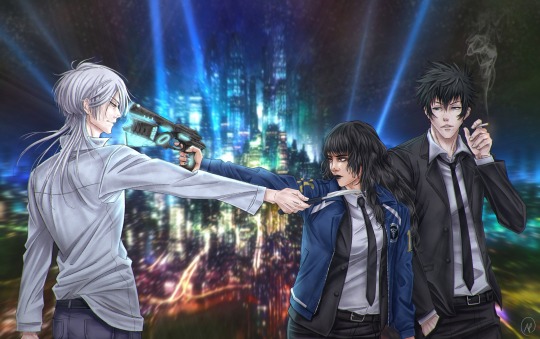
COMMISSIONS OPEN, for details
done for (@/NR_Midnight) on twt
7 notes
·
View notes
Text
"Guilt is based on the acceptance of the code of justice that declares you guilty."
Makishima Shougo
#psycho pass#makishima shogo#makishima shougo#shogo makishima#shougo makishima#fanfiction#psycho pass fanfiction
24 notes
·
View notes
Text
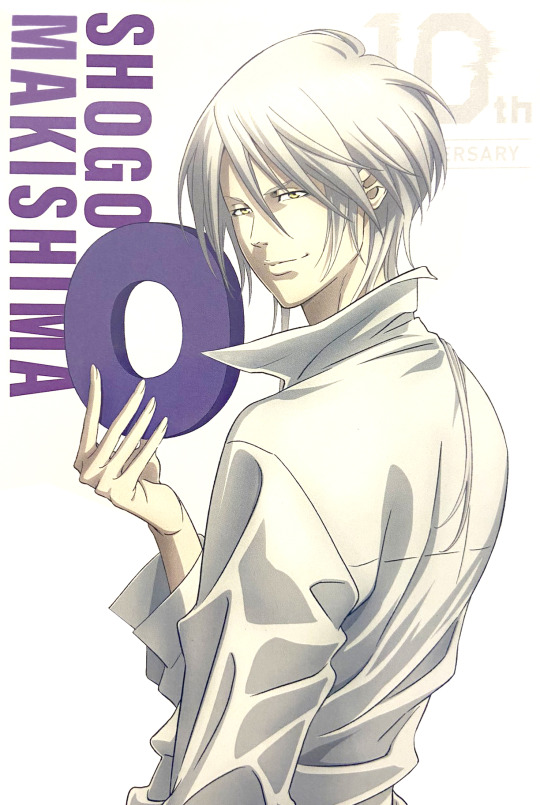
PSYCHO-FES 10th
84 notes
·
View notes
Text
Thinking about it: the biggest disappointment in PPP, PP3 and FI is the absolute disappearance of our favorite Psycho ghost... I miss MakiKou's conversations on the couch sipping coffee, under the sky, under the moonlight, while killing bad people... Please, in PP4 or whatever the next installment is, we need the return of the lunatic prince in his ghostly presence!
#psycho pass#makishima shougo#kougami shinya#I can see Makishima in PPP haunting Kou while he was waiting to call Akane XDDDD#new ghost unlocked: the ghost of jealousy when Kou sees Shizuaka XD
7 notes
·
View notes
Text



PSYCHO PASS SHINYA KOUGAMI BIRTHDAY CAMPAIGN
Noitamina shop
New illustrations drawn by Production I.G!
#psycho pass#psycho pass providence#サイコパス#サイコパスprovidence#kougami shinya#kogami shinya#pp anime#shougo makishima#shogo makishima#makishima shogo#makishima shougo#ppp#pp 10th#pp#pp first season#noitamina#noitamina shop#pp news illustrations#shinya kougami#shinya Kougami birthday#Kougami birthday#Shinya Kogami birthday
53 notes
·
View notes

